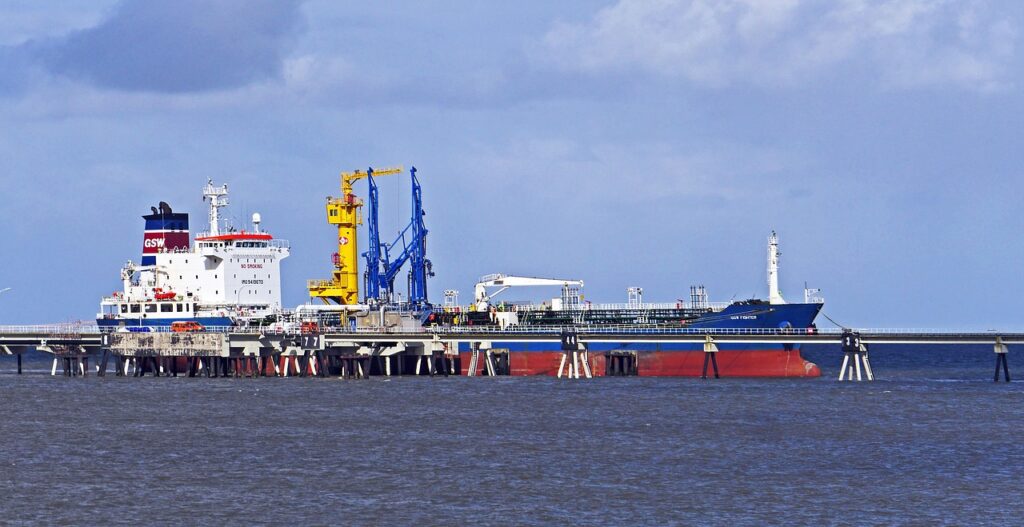Canada is currently considering a federal program that would enable undocumented immigrants, including rejected asylum claimants and former international students, to apply for permanent residence. The regularisation program would enable people with Canadian children who have lived here for several years to be able to apply for permanent residence. The Minister of Immigration, Marc Miller, says
On the contrary, Mr. Miller said no conclusion has been made, as discussions are still ongoing, and he added that there hasn’t yet been an agreement within the government on the program, and it could take months to introduce.
According to the Minister, the delay in going forward with the program is because of the opposing views of respected individuals. In the year 2021, Prime Minister Justin Trudor issued a mandate to former immigration minister Sean Fraser that asked him to “further explore ways of regularizing status for undocumented workers who are contributing to Canadian communities.” A decision by the cabinet was expected this spring.
But Mr. Miller cautioned that the program “is something that will not be rolled out soon,” as recent polling outcome indicates Canadians are profoundly divided on the issue.
“If there is a clear conclusion, I will be quite clear to Canadians about it, but there isn’t one right now,” he said. “What I do know is that given the ongoing discussions, and they are ongoing – they have not come to an end – it isn’t something that I have any confidence will be rolled out in the short term.”
In the past year, public support for immigration has sharply declined. Mr. Miller has frozen the immigration target at 500,000 in 2026, as well as introducing a cap on international students.
He said there are differing estimates of how many people are living in Canada without valid documents. He says there could be between 300,000 to 600,000 but no one actually knows.
Lisa Lalande, chief executive officer of the Century Initiative, a charity focused on population growth and immigration, said “the uncertain number of undocumented workers poses problems for our ability to plan and our ability to integrate these workers into the economy.”
Mr. Miller argued that the proposed program is often misunderstood and it “would not cover all the cohorts of people that are here that don’t have their papers currently.”
But giving people who have been living in Canada for years a path to permanent residence is a question of “fairness,” he said, and makes “a heck of a lot of sense” including because it would boost the economy.
“I think it is the right thing to do from an economic perspective, from a humanitarian perspective. It’s just smart, Canadians are split on the issue, with some myths circulating about the proposal, including equating a regularization program with “queue-jumping” by people who are not entitled to be here.” he said.
Mr. Miller
“I’ve seen polling of relative levels of sophistication, to be polite, that do show that Canadians are divided. I think what they also show is that when you educate Canadians, they seem to be more inclined to support regularization,” he said.
Mr. Miller stated that several other nations have implemented initiatives to protect undocumented migrants from deportation. In Ireland, a program introduced in 2022 lasted for six months and allowed individuals who had resided there for four years to apply for permission to remain.
More than 20 labour organizations, including the Canadian Labour Congress, as well as migrant groups, churches and the New Democratic Party support a broad regularization program.
Syed Hussan of the Migrant Rights Network said that people in Canada without proper documents can’t use financial services like bank accounts, credit cards, or car loans. He believes that if they got the right documents, they would help the economy by making big purchases.
He expressed his frustration over the fact that a long-awaited decision on the regularization program still remains pending. He issued a stark warning: if this program is to be operational before the general election next October, there’s absolutely no room for dilly-dallying. The setup process would take months, and it would need to be available for six to nine months to allow migrants to apply, so any further delay is simply unacceptable.
Tourism Minister Soraya Martinez Ferrada, who sought refuge in Canada from Chile, passionately highlighted in an interview that undocumented individuals are being forced to live “in the shadows” in Canada. She ardently argues that, even from a purely economic perspective, this situation “doesn’t make any sense.”
“You want these people to contribute to the system.”



